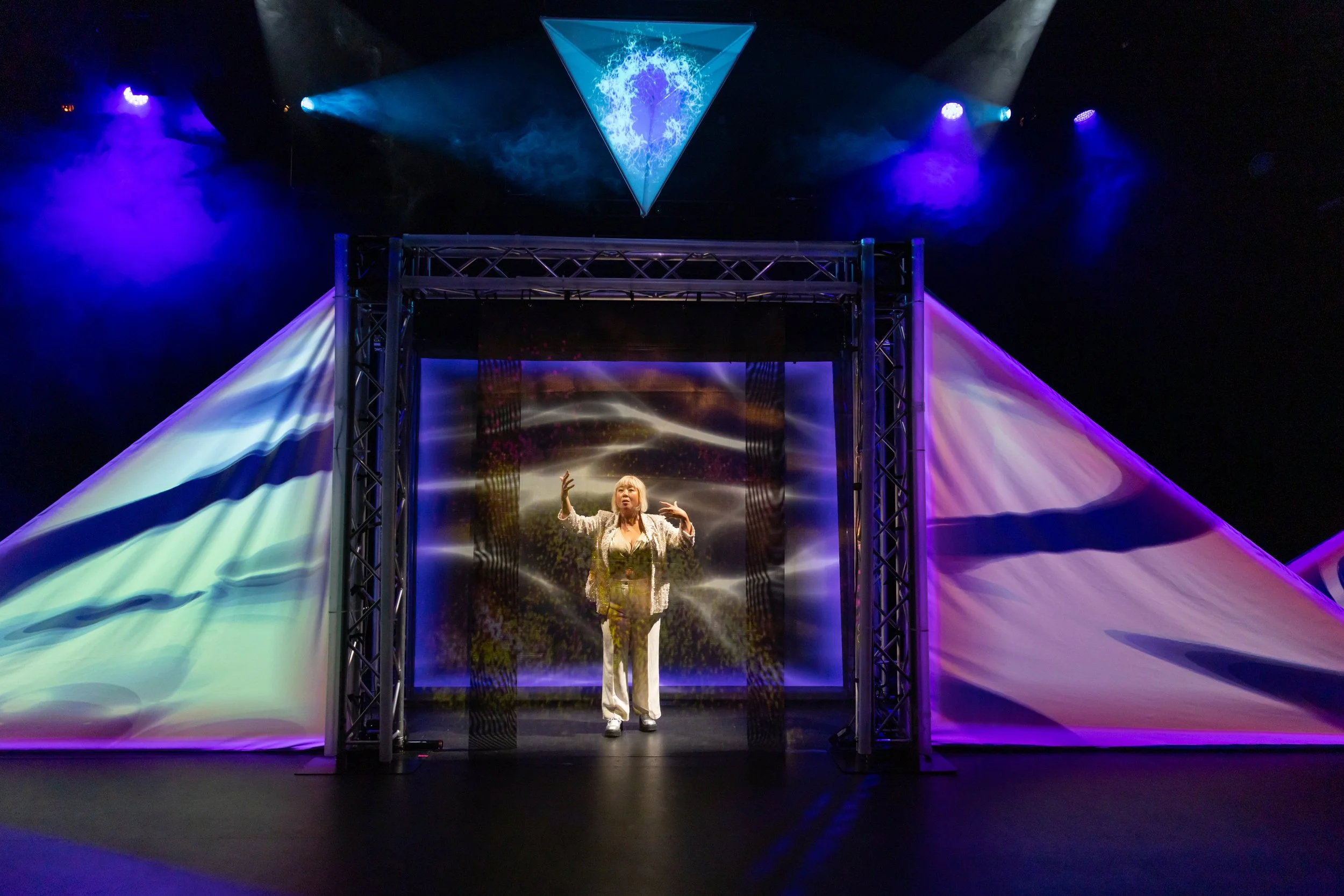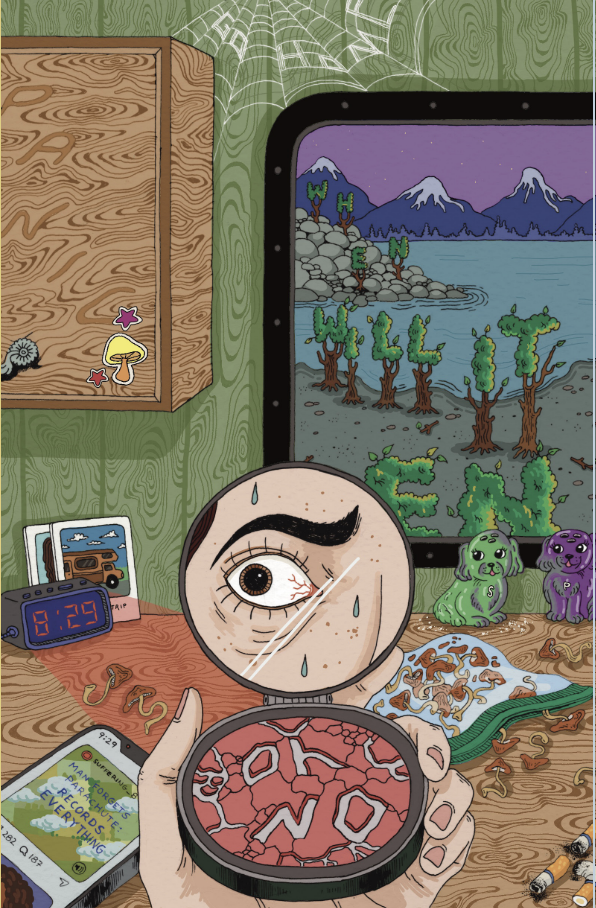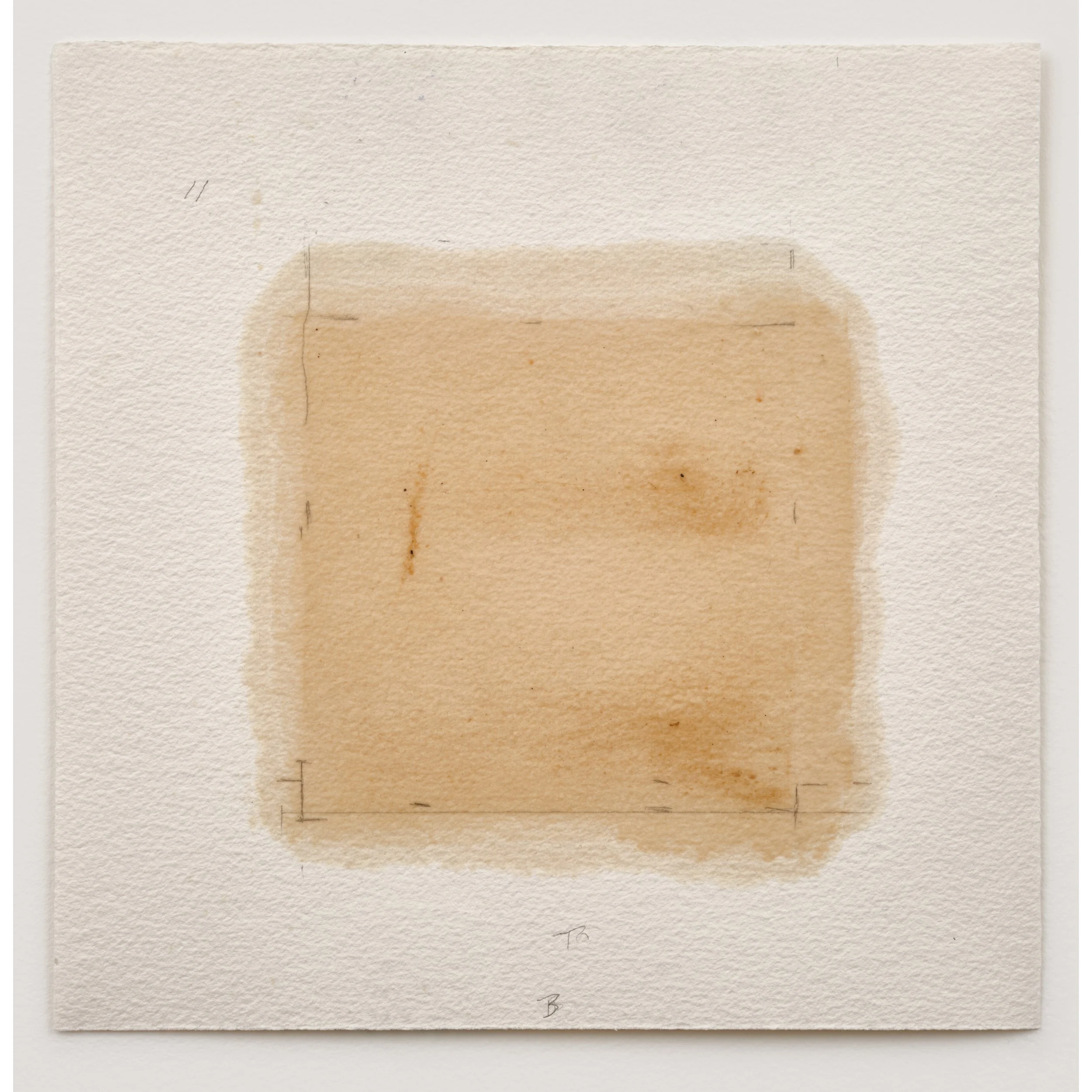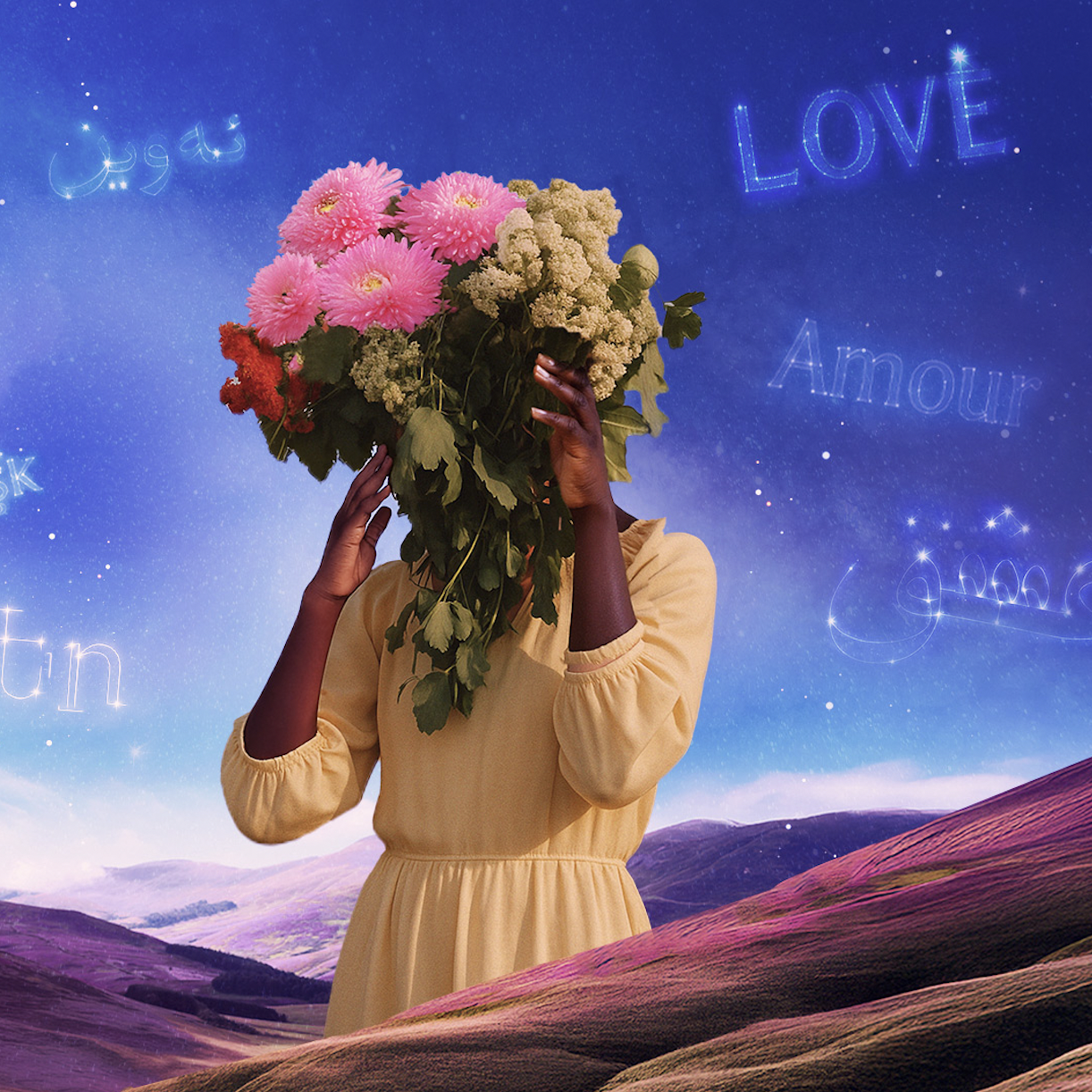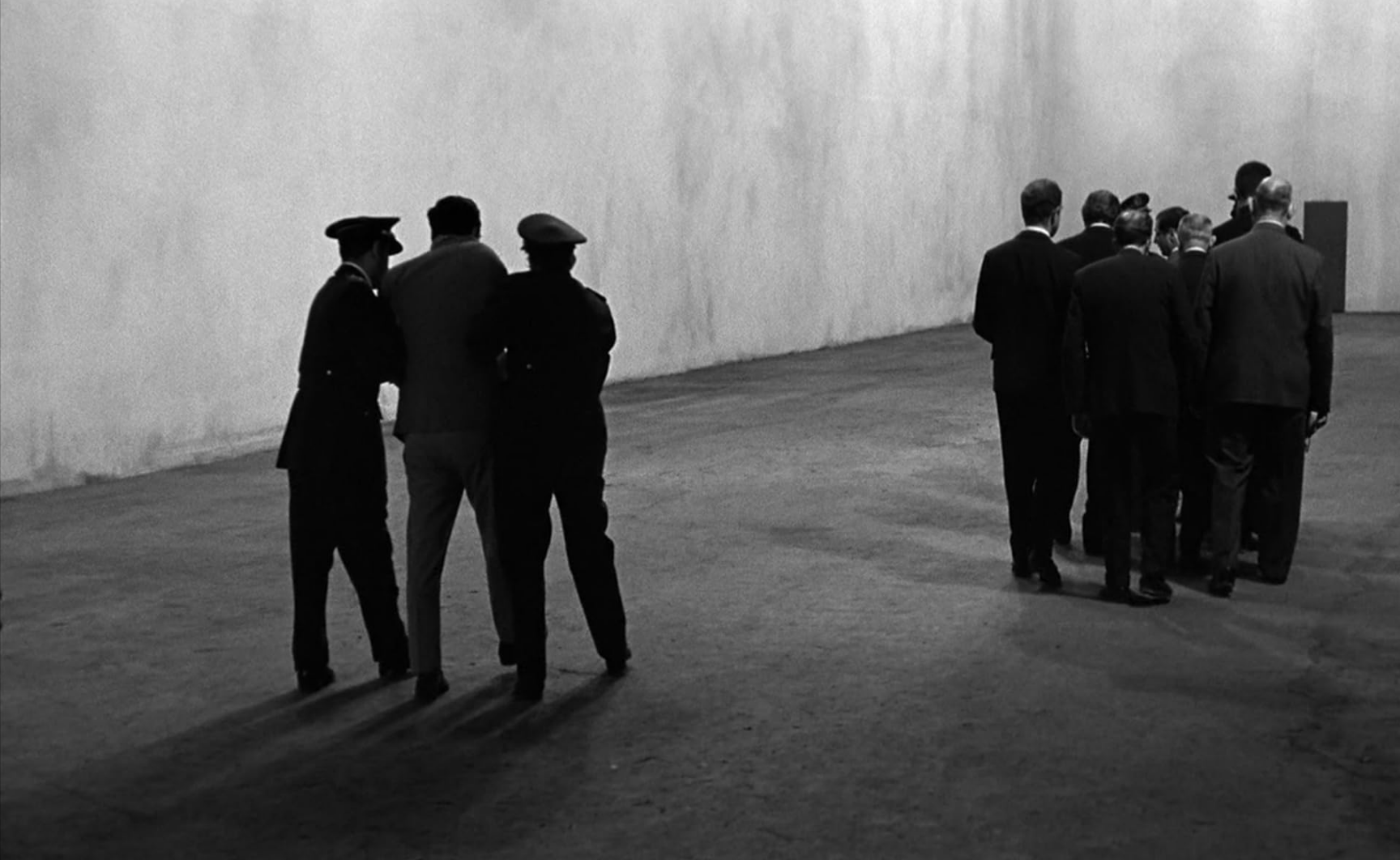Review: Lyle Chan's String Quartet at QAF
/The introduction at my first QAF event almost seemed like it was scripted to be as sincerely depressing as possible. To begin with, we were reminded that we, the audience, were sitting on unceded Musqueam territory. In a voice that shook the speaker noted that no matter how often this is repeated, it doesn’t seem to lead to anything redemptive, might even be counter-active, lending the phrase ‘unceded Musqueam territory’ a sort of deadened repetition that becomes invisible cliche. Then we were reminded about Orlando. The air was taken out of the room while we thought about what this says about the state of (in)justice. The response to the introduction was electric—I wasn’t the only one sweating, and I had the sense at least some of the others were following a similar train of thought as mine: ‘What have I recently done with my privilege? Have I helped at all? Can I help?’ Thinking about this, I was reminded of Zizek’s quote, and wondered to what extent it’s true of me, too: “For us, it's easier to imagine the end of the world than serious social change.”
I genuinely hoped Lyle Chan’s performance with the brilliant Acacia Quartet would help prove or at least remind me that social change was possible. And it did.
Lyle Chan, photo c/o the Queer Arts Festival
Chan’s performance starts with an essay he personally narrates in his calm, matter-of-fact voice: during the early 90s AIDS crisis, Chan was living as a gay man in Australia. Policies, at the time, were strict. Clinical trials for medication were slow. Soon the crisis was developing into a kind of silent war: the gay community was literally dying, funerals were becoming so common they had to be coordinated to avoid overlap, and still the community wasn’t garnering enough mainstream media attention to really effect change. The essay ends with his resolve to join ACT UP, an AIDS activist group dedicated to changing the nation’s reticence.
Before elaborating further, or explaining the organization’s function (this comes later), Chan takes a seat, and beside him the string quartet plays a beautiful score composed about the same period of his life. If the essay was an oral recording of his experience, this is an aural recording, and the difference is now we get to hear the time period. After the song, there’s another essay, then another song, and this pattern repeats. What emerges is an emotional story about his time in ACT UP. We learn about the creative protests they staged — how they encouraged people to send black letters through to recalcitrant politicians’ fax machines (apparently this was like the vestigial version of a computer virus, jamming the machines); how they staged takeovers of reception desks, answering unwitting callers with their message; how they’d march down the streets with bright whistles to sound louder than they were, how they’d smuggle approved medical drugs from other countries into Australia. But underneath the larger story is a cast of humans who become as enduring, emotional, and intimate to the audience as beloved characters in a novel. We learn about two gay twin brothers who lost the support of their parents, who in song form become two violins in empath-esq conversation. We learn about Chan’s support of a close friend’s suicide, which in song becomes a long drawn out note that ends, followed by the sound of a ambulance.
By the end, what’s most exciting about Lyle Chan’s String Quartet has to do with a promise he made at the beginning of the performance. He said: “I don’t believe in telling sad stories. If the story hadn’t had a happy ending, I wouldn’t have told it.” For me, this was relieving. It’s not that I need uplifting, inspiring stories. It’s not even that I’m against the sort of onslaught of cynicism abundant in the introduction. But when the performance ended with what Chan called a fairy-tale ending—when they found the miracle drugs, the change happened, and the community was heard—I realized that there’s something very important for me about order. I do want cynical art, and I want hopeful art; I just want them in that order.


